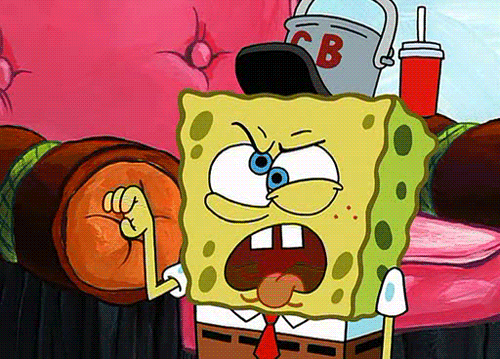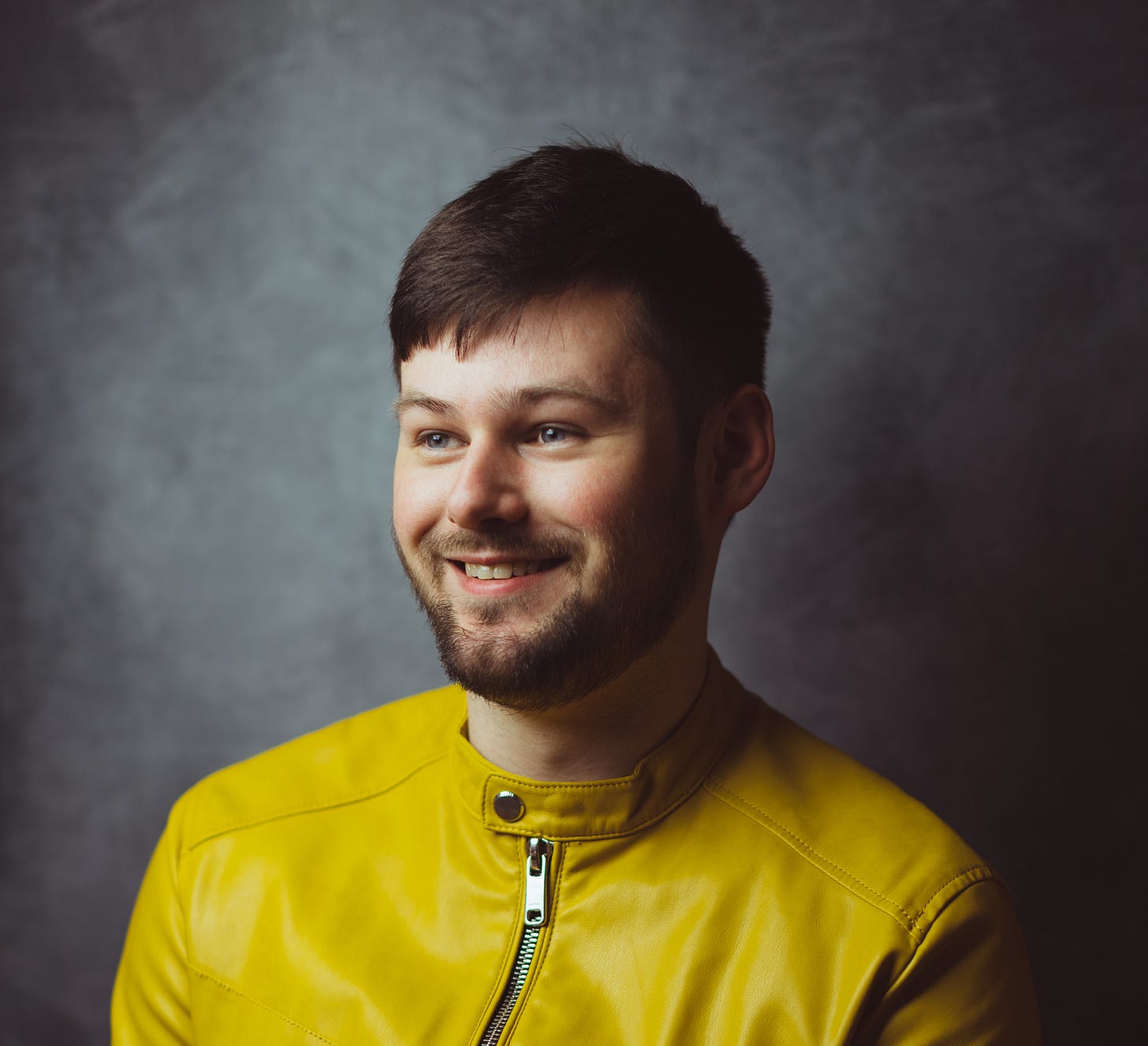Meet the Poets: Jack Cooper
Jack talks to us about his poems from Issue One, his writing practice, his first memory of poetry, and him and his boyfriend's shared love for Hikaru Utada
You can read Jack’s poems “Ode to Yu-Gi-Oh” and “11,000 bottles wash ashore with messages from the virgin followers of Saint Ursula of Cornwall”, and listen to Jack read them himself, in Issue One of the Seaford Review.
What can you tell us about these poems?
Both poems speak to my relationship with Catholicism, which becomes less complicated with each passing year. The bog standard traumas of going to Catholic school as a closeted child have been successfully self-mythologised and as an atheist I can now straight-forwardly enjoy the rich mythologies, histories, and artworks of Catholicism. I’m particularly in love with the hagiography of Saint Ursula of Cornwall, who was canonised in the 12th century. It tells you so much about medieval and papal thinking, but that aside, it's just such a strange and powerful story.
What poets and poems are you in dialogue with? Send links if possible.
There are five writers and one epic poem that have completely changed my approach to writing poetry. Mary Jean Chan was the first, with 2017's The Window. I don't recognise myself in what I was writing before The Window shocked me into developing my own voice. In 2018, I had an absurdly transformative trip to Waterstones, where Han Kang's Human Acts and Stephen Mitchells’ translation of the Epic of Gilgamesh caught my eye. Both inspired me to explore character and narrative in my poems, since my natural tendency is to write about the nonhuman and impersonal. Together with Italo Calvino's Invisible Cities, Human Acts and the Epic of Gilgamesh are my constant references, inspirations, and companions. I always take at least one of them with me on holiday to reread. And I owe a lot to Selima Hill and Ellora Sutton for the evolution of my poetry's form and language. They always think to do something no one’s done before and always commit to the bit.
I don't recognise myself in what I was writing before “The Window” shocked me into developing my own voice
What is your writing practice?
I will never write by hand: no copy-and-paste! For the past seven years, anytime I come across a word or phrase or fragment that speaks to me, I add it to an ever-growing Google Doc (currently at 18 pages). When I get an idea for a poem or find a themed submission call I’d like to write for, I go through the entire document and consider how each word, phrase, and fragment I’ve stored could be brought into the poem. This usually gives me two pages of notes to start writing from, which avoids any blank page syndrome. By the time I’ve finished the poem, it’s usually the case that nothing from the ever-growing Google Doc survived to the final draft: which is why it’s ever-growing!
Do you write in other forms, for instance prose? How do you toggle between them?
I work in science communications, so in a typical day I could be writing reports, interview questions, press releases, podcast scripts, ad copy, socials copy... I actually can’t toggle between this and writing poetry. If I’m writing a lot for work, I can’t write poetry. This is something I miss about laboratory research! Often it’d be quite manual, conducting experiments by hand for a few days in a row without even writing an email. I found that a really productive time for my writing, since I could draft poems in my head while floating about the lab bench. I’ve started writing short stories this year and hope that soon I can say I’ve started writing a sci-fi novel...
What’s your first poetry memory?
Performing a slam poem about the villains of SpongeBob Squarepants for a class project when I was 10.

What’s your favourite text about the sea? Or beaches?
The Scar by China Miéville.
What song helps us get to know you better?
One Last Kiss by Hikaru Utada.
Hikaru Utada is one of the few artists my boyfriend and I both like. One Last Kiss is our song.
What poem do you wish you’d written?
Portrait of My Lover in a Car by Selima Hill.




